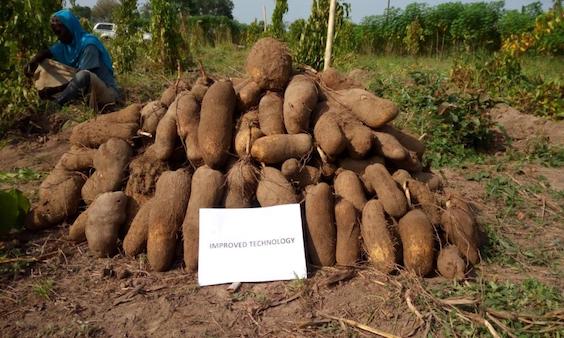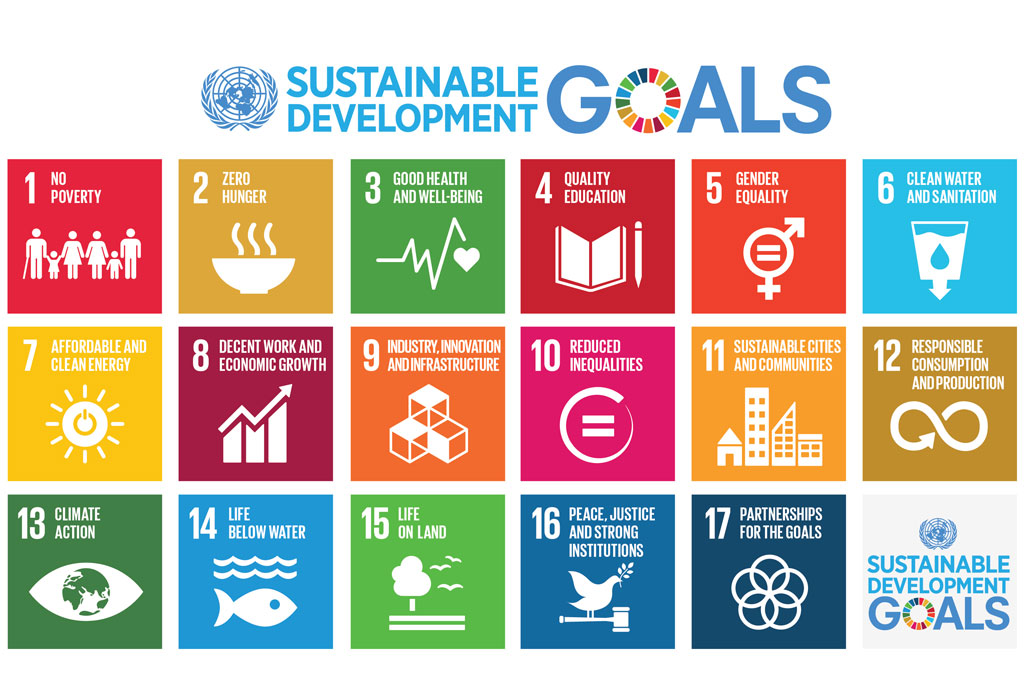
By Kofi Adu Domfeh
Yam farmers in parts of Ghana have been exposed to smart technologies needed to build a resilient cropping system in order to increase yields to at least 30% over current yields.
With climate change thwarting the efforts of yam farmers, researchers have emphasized that having a technology packaged with fertilization, seed treatment, minimum staking and ridging does not only help farmers to be competitive in meeting yam export standards but further reduces their production cost.
Ghana’s Crops Research Institute of the Council for Scientific and Industrial Research (CSIR-CRI), in collaboration with the Ministry of Food and Agriculture and the International Institute of Tropical Agriculture (IITA), Nigeria, has trained and disseminated good agronomic practices to more than 250 yam farmers from Ejura, Atebubu and Kintampo between 2014 and 2016.
This is under the 5-year Yam Improvement for Income and Food Security in West Africa (YIIFSWA) project funded by the Bill and Melinda Gates Foundation.
Speaking to farmers at a field day to harvest the crop in Atebubu, an agronomist from the CSIR-CRI, Felix Frimpong, stated that the project has helped to increase yam production and raised income levels of yam farmers through participatory demonstrations, on-farm trials and farmer’s field days.
“The project has helped doubled or in some cases tripped the yield of farmers compared to their conventional practice. It is estimated that the improved agronomic package is able raise yields to about 55% over the current achievable yields in-spite of climate change,” he said.
The improved technology builds up farmers resilience because the ridging helps in moisture conservation, the use of the trellis staking reduces farmers contribution to deforestation as a result of the reduction in the number stakes used by at least half.
“It is also evident that the technology promotes intensification on the given area because of the high population density and arrangements it accommodates. Sprouting which is also key for yam production is assured because seeds are pre-treated thereby reducing pest incidence and rot,” explained Mr. Frimpong.
When adopted, the technology ensures better living standards compared to traditional farming of mounding and planting.
Some beneficiary farmers are excited at the opportunity to increase yield under with the improved technology.
The researchers have advised policy makers to help promote such innovations and make available mechanized ridges for commercial production.
The YIIFSWA project ended in December 2016 with an expected additional grant for a second phase upscale.












